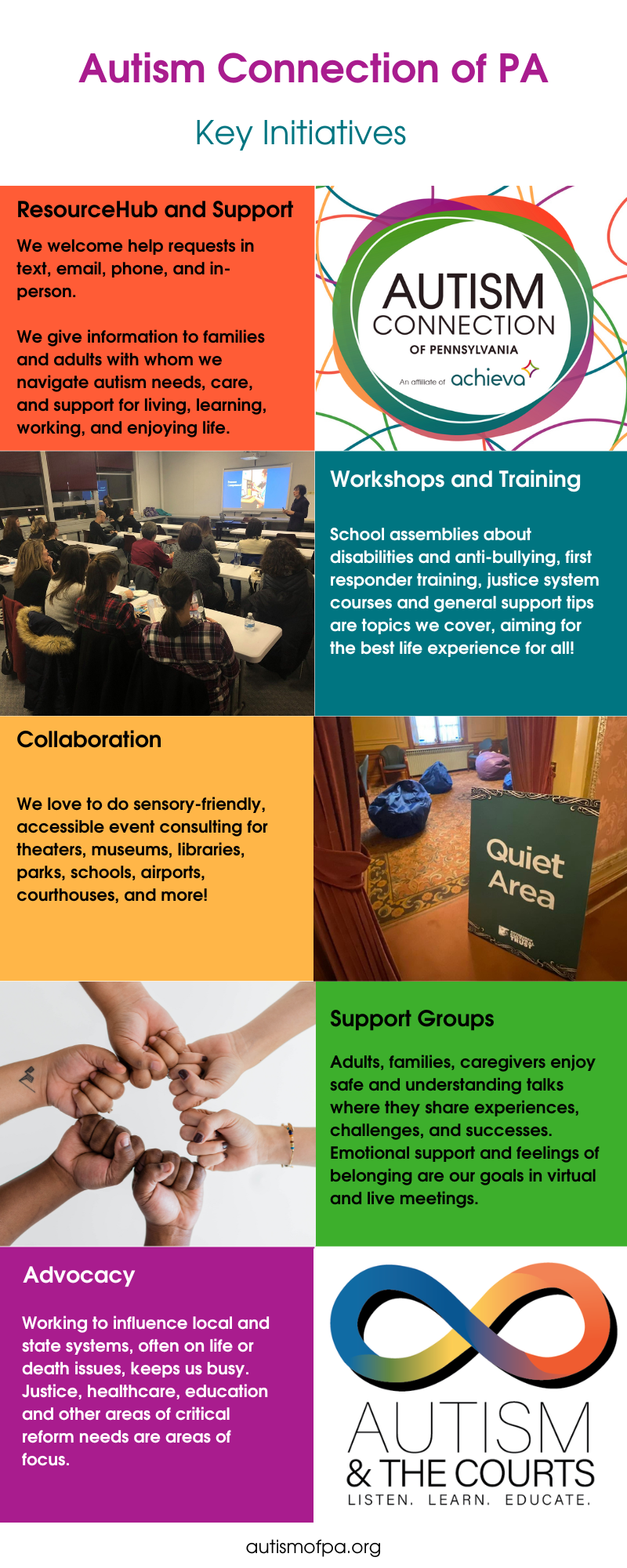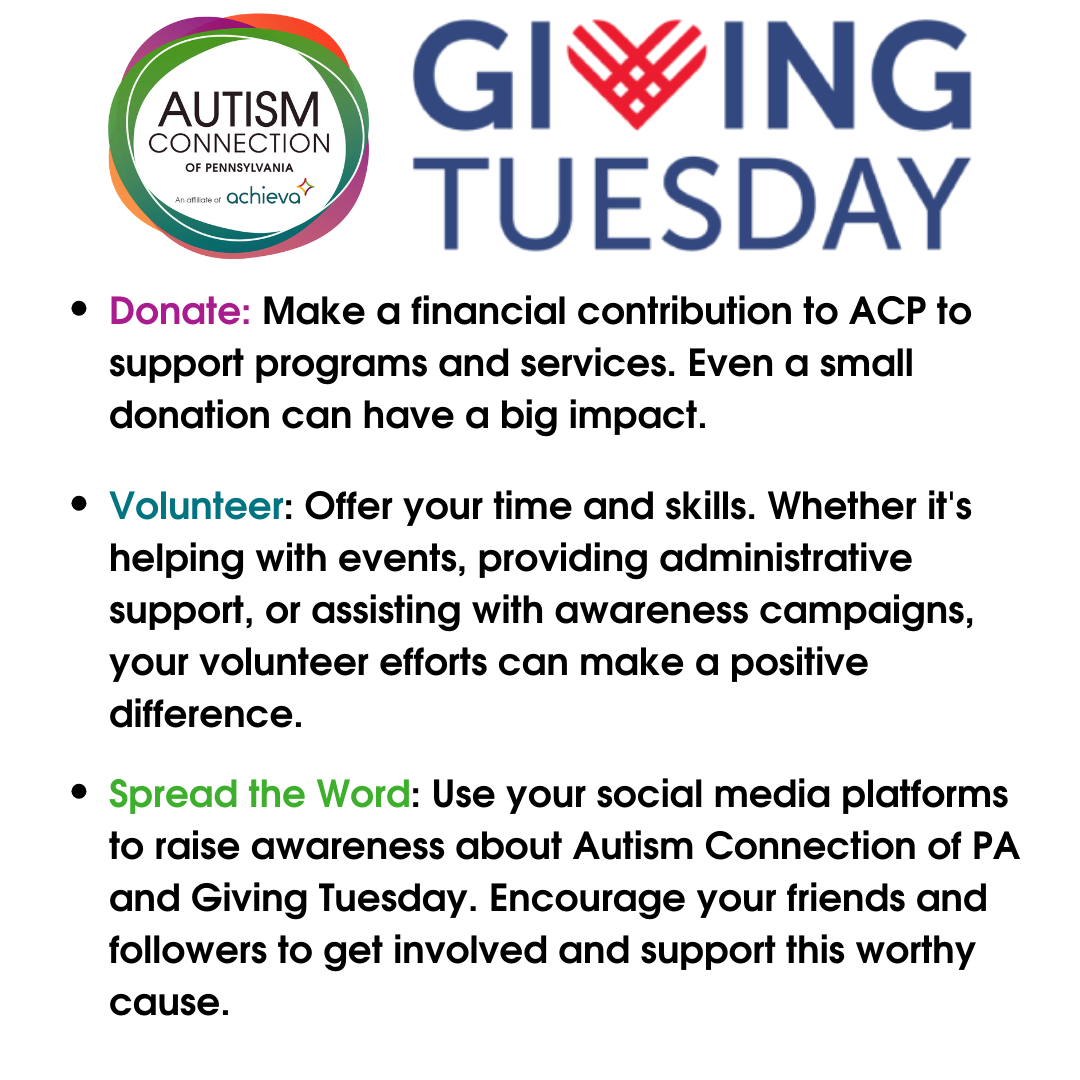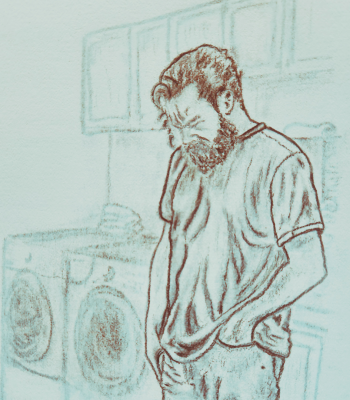Volunteering provides opportunities to give back to our communities, and it helps us to feel involved with those in our communities. However, how do you know which volunteer opportunities work best for you? This question can pose significant difficulty for some individuals with disabilities as organizations may not feel equipped to work with people with special needs in a volunteer capacity. However, Aktion Club creates a safe space with opportunities for service where people with disabilities make the decisions and lead the club.

Taking leadership roles, making decisions, building autonomy
Three Rivers Community Care has been working with the Kiwanis Club of Sheraden to start an Aktion Club for anyone who is interested. This blog post will provide some answers to some Frequently Asked Questions about the club and we also hope that you’ll join us for an information session about Aktion Club on August 22 at 7 pm at the 3RCC Community Center in Carnegie.
Register online here.
What is Aktion Club?
Aktion Club is a service leadership program through Kiwanis International. It is the ONLY service organization of its kind in the world. Our club will be sponsored/supported by the Kiwanis Club of Sheraden. Aktion Club provides adults with disabilities the opportunity to participate in and choose service projects/volunteer projects with their peers/other group members.
Who runs Aktion Club?
Aktion Club will be supported by a member of the Kiwanis Club of Sheraden and a staff member of 3RCC. However, members will make up the leadership roles including president, vice president, secretary, treasurer, etc. of the club. Members will also make all decisions regarding club projects and activities.
Do members have to have a support person attend meetings with them?
This depends on the individual, requirements of their Individual Service Plan (ISP), and their comfort level in community situations. While a site facilitator and Kiwanis representative will always be present, each member and their caregivers should consider what is best for them.
When/how often/where will meetings be held?
Meetings are held monthly and will take place at the 3RCC Community Center in Carnegie, PA. Dates and times will be determined once we have enough members for the charter and will be based completely around their availability. We hope to have our first meeting in September/October.

Connecting with others through shared interests
What kind of service projects/volunteer projects will members participate in?
Members will decide what service projects and volunteer activities they wish to participate in. They can range from making cards for veterans at the VA hospital, to food drives, to volunteering time at the Salvation Army or cleaning up litter in our communities. The possibilities are endless and the site facilitator and Kiwanis representative will work to ensure that all members interested in participating have the opportunity.
Is there a cost to participate?
There is no fee unless the members decide to charge a membership dues that would be used to help cover costs for materials or for fun activities for the club such as a summer ice cream party or a holiday party in December.
What are the benefits of Aktion Club membership?
Aktion Club members achieve a wealth of benefits including leadership and decision making opportunities. Members run the club and vote for president, vice president, and other leadership roles among their peers. Through service projects, volunteer projects, and club meetings members gain valuable social and community interactions to help increase their feelings of confidence in the community and feelings of self worth.
We hope this answers some of your questions about Aktion Club and that you consider joining us on August 22 at 7 pm to learn even more.
If you want to join Aktion Club you can email your information to Molly. You can learn more about Aktion Club here .
–Molly Crawford
Interim Outreach Director
Three Rivers Community Care












